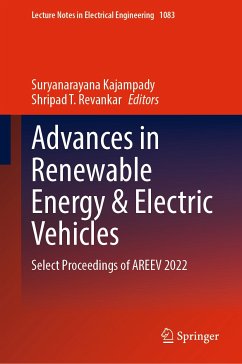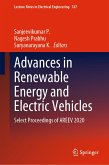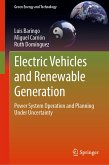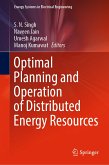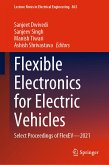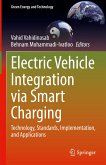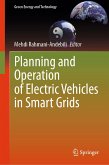This book presents select peer-reviewed proceedings of the International Conference on Advances in Renewable Energy and Electric Vehicles (AREEV 2022). The topics covered include renewable energy sources, electric vehicles, energy storage systems, power system protection & security, smart grid, and wide bandgap semiconductor technologies. The book also discusses applications of signal processing, artificial neural networks, optimal and robust control systems, and modeling and simulation of power electronic converters. The book is a valuable reference for academics and professionals interested in power systems, renewable energy, and electric vehicles.
Dieser Download kann aus rechtlichen Gründen nur mit Rechnungsadresse in A, B, BG, CY, CZ, D, DK, EW, E, FIN, F, GR, HR, H, IRL, I, LT, L, LR, M, NL, PL, P, R, S, SLO, SK ausgeliefert werden.

